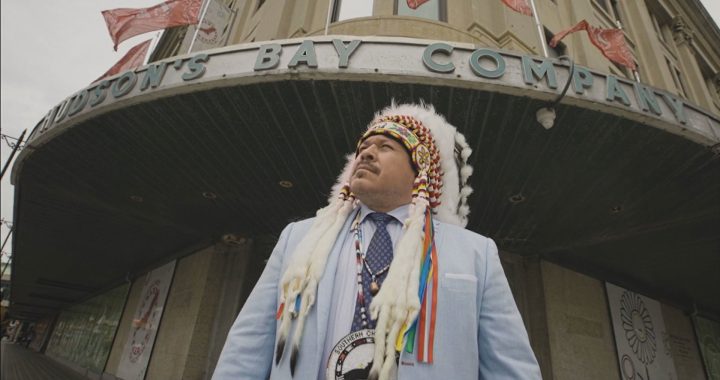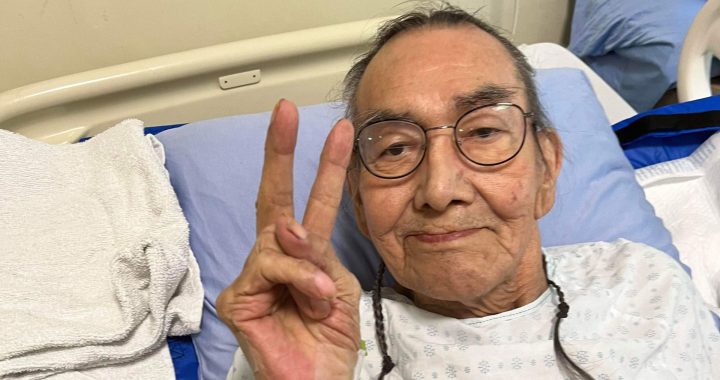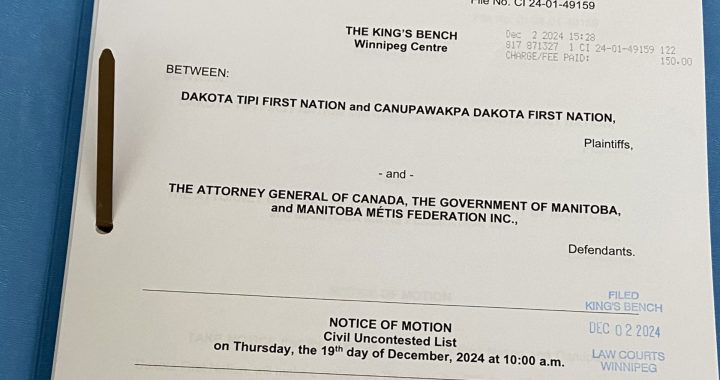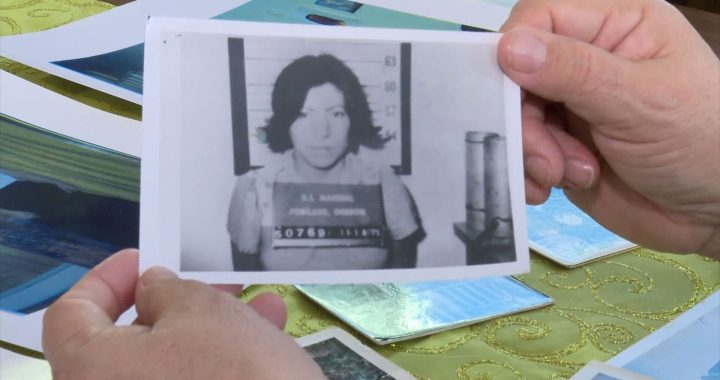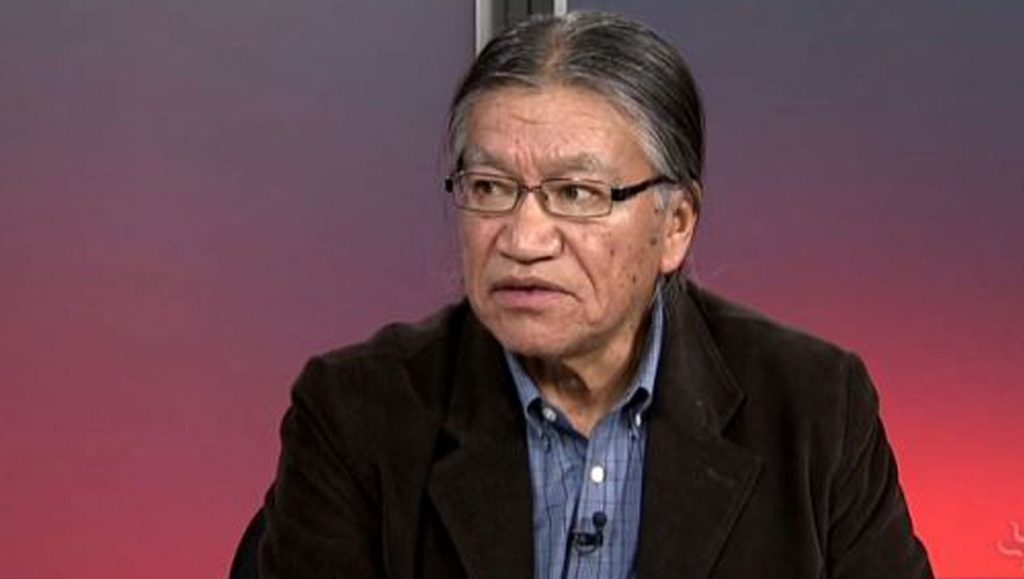
Edmund Metatawabin in 2016. Metatawabin has played a central role in St. Anne's survivors' long fight for justice. Photo: APTN file
An Ontario judge was wrong to order a legal fight involving victims of one of the country’s most notorious residential schools and the federal government be heard in British Columbia, a higher court has ruled.
In its decision this week, the Ontario Court of Appeal said the case pressed by survivors of St. Anne’s should remain in the province.
In coming to its decision, the Appeal Court cited access-to-justice considerations, saying they were particularly pressing given the trauma inflicted on Indigenous peoples in the residential school system.
“Access to justice is best served by providing that an issue raised by an Ontario claimant that is relevant only to members of the Ontario class be dealt with by the Ontario supervising court,” the Appeal Court said.
Ontario Superior Court Justice Paul Perell, who has spent years supervising implementation of the Indian Residential School Settlement Agreement (IRSSA) as the eastern administrative judge, ruled in June the case should be heard by a supervising judge in B.C.
Perell had recused himself over his previous criticism of one of the plaintiffs’ lawyers.
Among residential schools in Canada, St. Anne’s in Fort Albany, Ont., was particularly toxic. Students suffered horrific sexual and physical abuse, including being shocked on an “electric chair” to amuse supervisors and forced to eat their own vomit.
Ontario Provincial Police investigated St. Anne’s between 1992 and 1996, during which they collected a trove of information. Six of seven former employees charged criminally were convicted.
The current case, launched in 2013, turns on a group of 60 plaintiffs’ claim that the federal government failed to turn over those documents – despite court orders to do so – before they applied under the class-action settlement for compensation. They maintain the government is still in breach of those orders and wanted Perell to back them.
The Ontario government, siding with the plaintiffs, argued Perell had overstepped his authority by ordering the B.C. move. The federal government argued the justice was entitled to make the ruling.
Montreal-based lawyer David Schulze, who acted as independent counsel in the appeal, slammed the government’s endless fighting with the claimants as a travesty.
“It should shock most Canadians,” Schulze said on Thursday. “It’s always the most complicated, convoluted interpretation that Canada can come up with that mysteriously always ends up leaving the victims of physical and sexual abuse as children in federal schools without a remedy.”
Read More: St. Anne’s residential school survivors appeal order moving court battle to B.C.
The Appeal Court sided squarely with the plaintiffs. Among other things, it said, Perell misinterpreted the protocol for sorting out disputes that was part of the residential school class-action settlement.
Perell had maintained that sending the case to B.C. would allow a judge experienced in the class action to handle the case. It would be unfair and a waste of time having an Ontario judge unfamiliar with the proceedings thrown into the legal fight, he said.
Perell also maintained the move would have little practical impact on the plaintiffs because the hearings would be done remotely given the COVID-19 pandemic. The higher court called that irrelevant.
“It could not have been in the contemplation of the parties that a global pandemic such as COVID-19 would prevent class members from safely attending hearings in person,” it said.
The higher court said it would now be up the chief justice of Ontario’s Superior Court to assign a new judge.
New Democrat MP Charlie Angus called on Crown-Indigenous Relations Minister Carolyn Bennett to do the “right thing” for St. Anne’s survivors and negotiate a fair solution.
He received a response from the minister during question period on Thursday.
“To ensure the expeditious and efficient administration of the IRSSA, two administrative judges, one from the west and one from the east, were designated to hear all the requests,” said Bennett.
“The court decided to have the matter heard by another Ontario Superior Court (judge) because the eastern administrative judge’s decision to recuse himself. We are absolutely committed to reconciliation, healing and justice for all the former students of St. Anne’s and all residential schools.”
– With a file from APTN News





